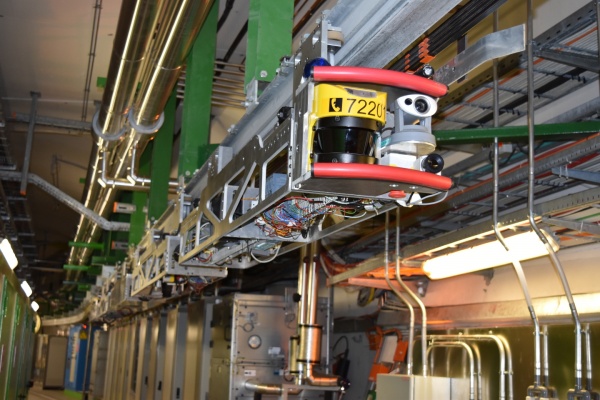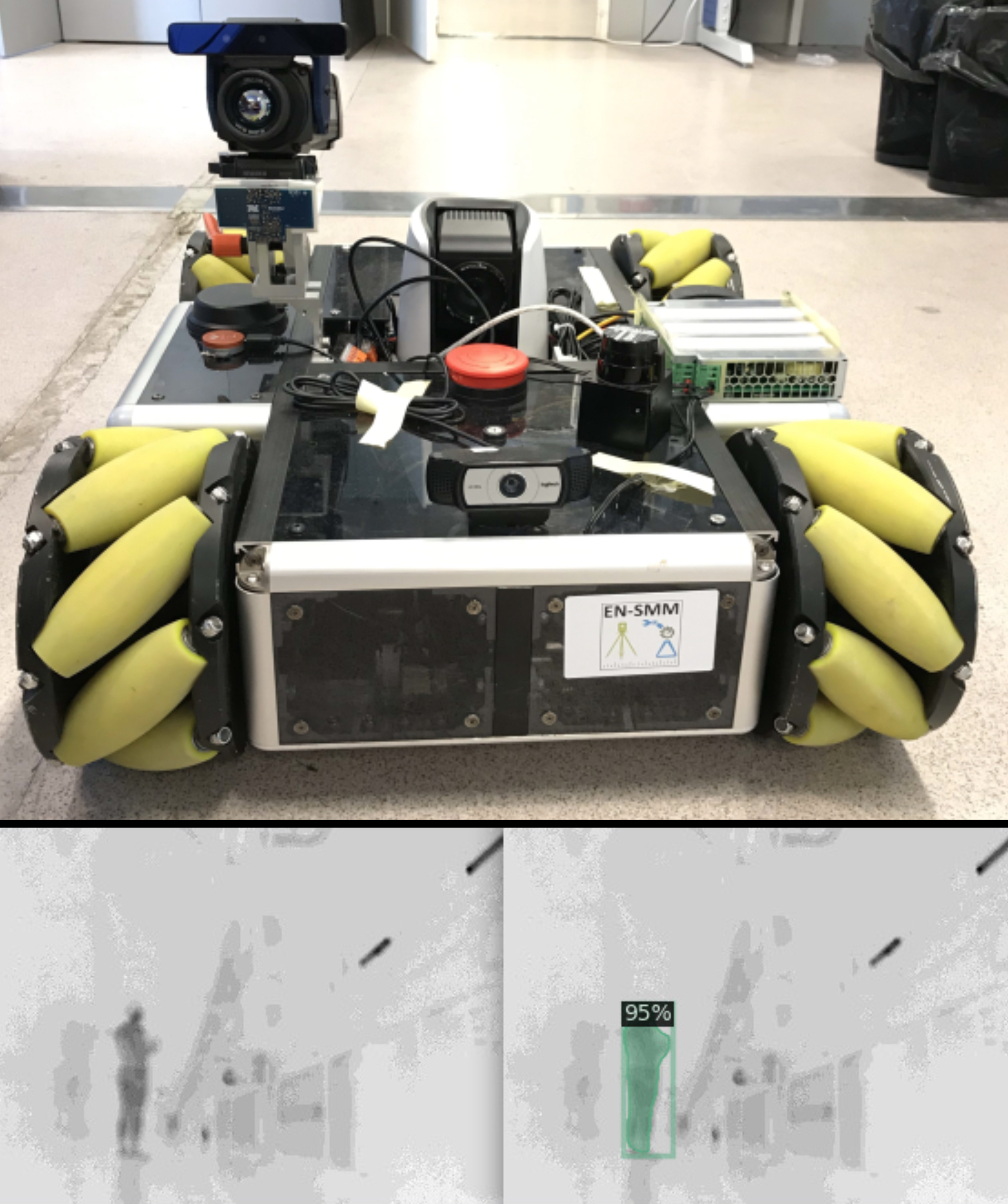
Physicists at CERN laboratory work on experiments ranging from nuclear to high-energy physics. Furthermore, due to possible exposure to dangerous materials and presence of highly complex machinery, a significant share of experimental areas falls under harsh environment category. Creation of safe work conditions for organization’s employees have always been the priority, therefore CERN contributes to research efforts for robot use in harsh environments.
CERN Robotics Group (EN-SMM-MRO) works on development of novel robots and their use applications for organization’s needs. Research is focused on hazardous material and equipment telemanipulation, tunnel structure and parameter (air contents, residual radiation levels) monitoring as well as robot use in emergency situations.
Accident handling at CERN is critically important: firstly, due to increased risk that people working in experimental areas are susceptible to, and secondly, because of presence of unique and expensive machinery. Furthermore, every single unforeseen event can potentially delay the tight schedule of experiments – each day added to unforeseen LHC downtime can easily result in a loss of a 1 MCHF or more. For this reason, CERN has their own emergency handling departments consisting of Fire Brigade and Medical Service.
Due to considerable dimensions of experimental area (i.e. road length from P1 Meyrin to P5 Cessy is ~13km) and location underground, the reaction time of emergency units can take up to 20-40 minutes. To ensure a quick response to any accident in underground tunnels, it has been decided to conduct research on potential deployment of reconnaissance robots, that could help the first responders to perform rapid situation assessment and take preventive actions on the site immediately. The expected robot possibilities include possible victim location estimation and their vital parameter (health and respiration) acquisition, escort of people to the nearest exits, firefighting and impact area minimization.
CERN in collaboration with Riga Technical University, conducts research on autonomous victim search in harsh environments and remote vital sign monitoring. The work consists of multidisciplinary research in sensor fusion, machine learning and telemedicine. Such system has a potential to be transferred to other areas of interest, such as Search and Rescue (SAR) in mines, collapsed buildings, etc.
